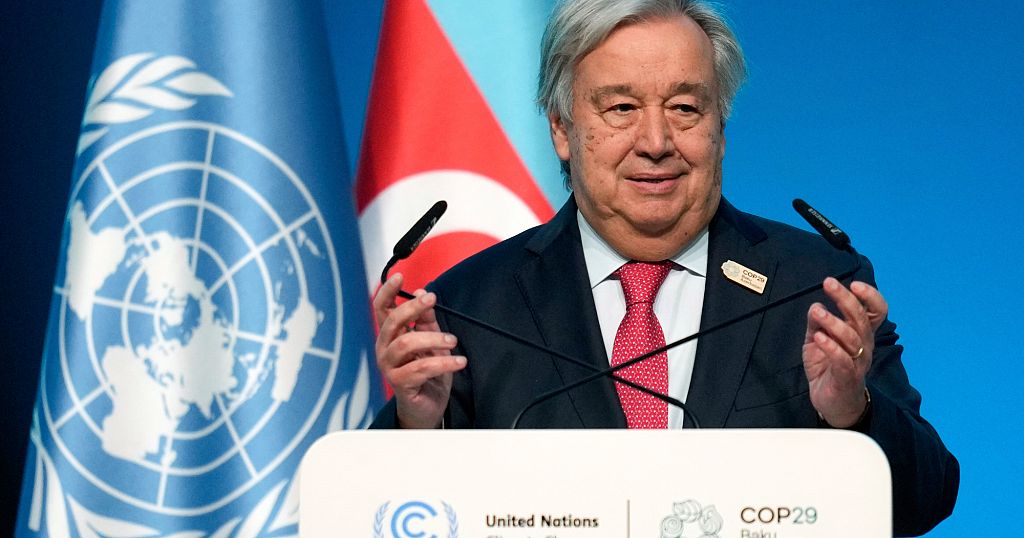UN Chief Sounds Alarm on Rising Global Conflict, Urges Commitment to Protecting Civilians
In a stark warning, United Nations Secretary-General António Guterres highlighted the alarming surge in armed conflicts worldwide, citing the highest number since the aftermath of World War II. Addressing the General Assembly on the 20th anniversary of the UN’s Responsibility to Protect (R2P) principle, Guterres emphasized the urgent need for member states to reaffirm their commitment to shielding their populations from violence.
The UN adopted R2P in 2005, outlining a moral obligation for nations to protect their citizens from atrocities such as genocide, war crimes, ethnic cleansing, and crimes against humanity. As Guterres noted, "We are witnessing the highest number of armed conflicts since the end of the Second World War." This stark reality underscores the imperative for collective action to prevent further suffering and safeguard human rights.
Twenty years after its adoption, the Responsibility to Protect remains an "urgent necessity, a moral imperative, and an unfulfilled promise," according to Guterres. He exhorted member states to "keep that promise" by deepening their commitment, strengthening cooperation, and making the prevention of atrocities a universal practice. This call to action serves as a reminder that the protection of civilians is a shared responsibility that requires unwavering dedication and cooperation from the international community.
As the world grapples with rising conflict and instability, the UN’s R2P principle stands as a beacon of hope for vulnerable populations. Guterres’ warning serves as a timely reminder of the need for collective vigilance and action to prevent humanitarian crises and promote peace, security, and human dignity. By recommitting to the Responsibility to Protect, nations can work towards a future where atrocities are prevented, and civilians are safeguarded from the devastating consequences of war and violence. The international community must heed Guterres’ call, recognizing that the protection of human life and dignity is a fundamental obligation that requires sustained effort and cooperation.
